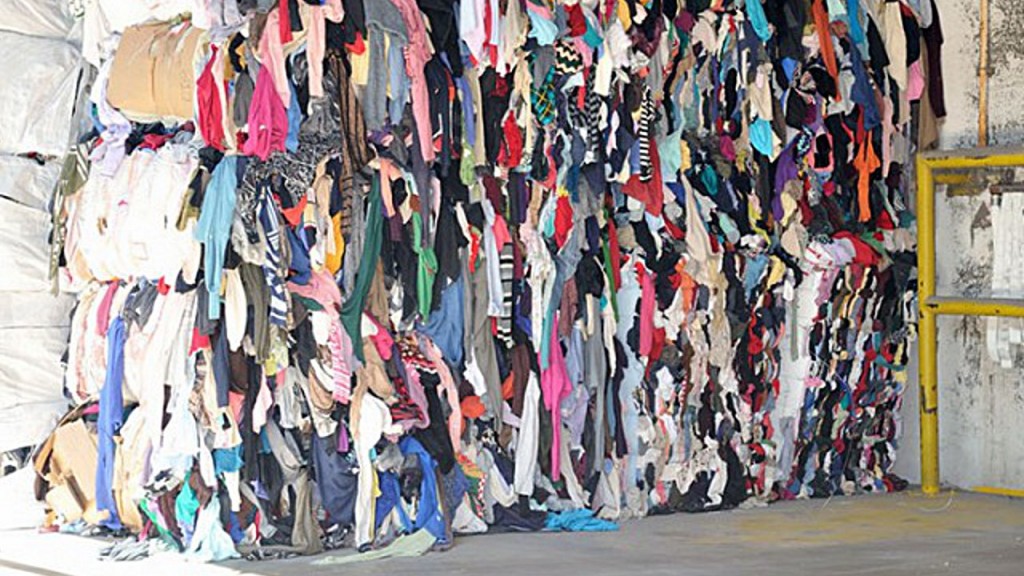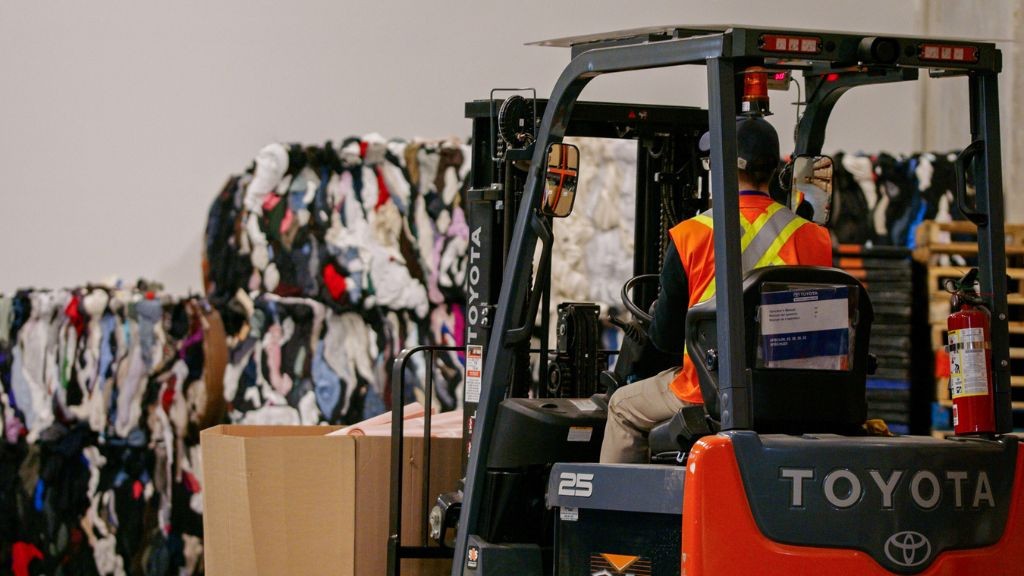Textiles recycling groups urging Kenyan officials to finalize secondhand clothing importation guidelines

The Secondary Materials and Recycled Textiles Association(SMART) and the European Recycling Industries' Confederation (EuRIC) are urging Kenyan trade and health officials to quickly finalize guidelines for the safehandling of secondhand clothing (Mitumba) imports so that economic benefits ofthe industry may be rapidly restored.
On April 1, 2020, industry representatives were notified by the Kenya Bureauof Standards (KEBS) that the country's importation of used garments and shoeshad been suspended until further notice. KEBS said it was implementing the banas a precautionary measure to prevent the spread of the novel coronavirus(COVID-19).
However, as SMART and other stakeholders pointed out,numerous studies have shown that COVID-19 may be detectable on hard, non-poroussurfaces like plastics and metals for hours and potentially up to 2 to 3 days,and it is even less likely to survive on soft, porous surfaces like textiles includingrugs, carpets, shoes and clothing, new or used. Used clothing that is shippedoverseas is typically in transit for weeks, if not months at a time - farlonger than the virus has ever been shown to survive on even the mosthospitable non-porous hard surfaces.
On July 6, 2020, President Uhuru Kenyatta outlined his plans for thephased reopening of Kenya from its COVID-19 lockdown. In hisstatement, he instructed Mitumba trade to resume following the development ofguidelines by the ministries of trade and health. Within the last month,the local Mitumba Association provided draft protocols to the committee taskedwith reviewing the safety protocols. The association is awaiting the Kenyangovernment's final approval of the draft procedures.
"SMART welcomes President Kenyatta's lifting of the ban on the importationof secondhand clothing. These imports provide countless Kenyans access to highquality, affordable clothing which, through buying,selling, repairing and/or altering imported secondhandclothing and shoes, generates tens of thousands of jobs inKenya, allowing workers to support themselves and provide fortheir families," said SMART's Executive Director Jackie King. "There isabsolutely no supporting evidence that COVID-19 can be transmitted throughsecondhand textiles," she continued. "We are urging Kenyan officials to movequickly to finalize reasonable guidelines so that this vital industry canresume its critical activities."
"EuRIC entirely understands that governments take measures to legitimatelyprotect workers who deal with the further processing of secondhand textiles.However, based on robust scientific findings, it is very unlikely that thoseworkers can spread or get infected by handling these textiles due to the lowenvironmental stability of COVID-19 on the textile surface combined with theaverage shipping time from Europe to Kenya" said EuRIC Textiles PresidentMariska Zandvliet and continued: "We very much welcome the lifting of the banas well as the development of sound guidelines on how to do so."
Company info
3465 Box Hill Corporate Center Drive, Suite H
Abingdon, MD
US, 21009
Website:
smartasn.org



